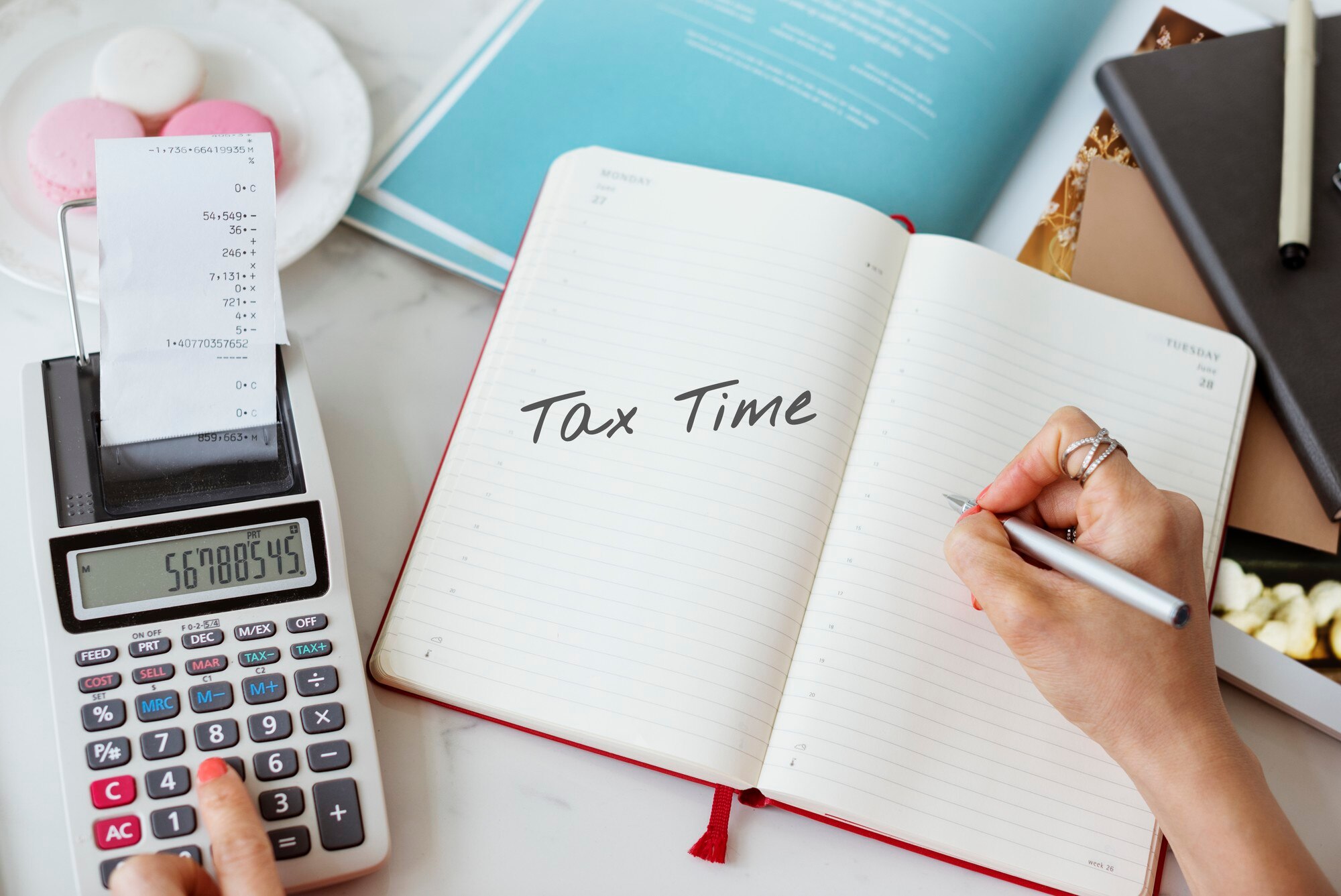Allowable expenses are designed to ensure that taxpayers can deduct costs directly related to earning their income. These deductions help reduce taxable income, thereby lowering the overall tax burden. For employees, these expenses often include costs incurred while performing their duties, while self-employed individuals can claim a broader range of business-related expenses.
When preparing your personal tax return, it is essential to know which of these expenses you can claim to reduce your tax liability. This is particularly important as a wrong claim can be costly. One of the most common categories of expenses typically claimed by taxpayers is home expenses, especially since the COVID-19 pandemic which saw an increase in remote work. Although many offices are gradually returning to full capacity, working from home may never go away.
Who Is Eligible?
Before we get into the details, let’s clarify one thing: not everyone who works from home is allowed to claim home expenses. Eligibility for home expenses is limited to those who meet certain requirements set out by the Canada Revenue Agency (CRA). These requirements are:
- The individual worked more than 50% of the time from home for a period of at least four consecutive weeks.
- The expenses were directly related to your work.
- The expenses were not reimbursed by the employer.
Due to the ambiguity in determining how much of one’s work was done at home, the CRA introduced Form T2200, Declaration of Conditions of Employment, a document that employers must complete and sign to certify that an employee indeed worked from home for the set period and was required to incur certain work-related expenses as part of their job duties. For Québécois, it is called the TP-64.3-V Form. This means that an employee cannot claim home expenses if they did not receive a signed copy of Form T2200 or TP-64.3-V Form.
Home Expenses That Can Be Claimed
The following are some of the expenses that may be claimed by all salaried employees:
- Rent paid for a house or apartment where you live
- Electricity, heat, water, or the utilities portion of your condominium fees
- Home internet access fees
- Maintenance (minor repairs, cleaning supplies, light bulbs, paint, etc.)
- Supplies (stationery items, pens, folders, sticky notes, postage, toner, ink cartridges, etc.)
- Employment use of a basic cell phone service plan
- Long-distance calls for employment purposes
Employees who earned commission on sales may also claim the following expenses, in addition to the ones above:
- Property taxes
- Home insurance
- Lease of a cell phone, computer, laptop, tablet, fax machine, etc., that reasonably relates to earning commission income
Home Expenses That Cannot Be Claimed
The following expenses cannot be claimed by both salaried employees and commission employees:
- Principal mortgage payments
- Mortgage interest
- Home internet connection fees or the portion of fees related to the lease of a modem/router
- Capital expenses (replacing windows, flooring, furnace, etc.)
- Capital cost allowance
- Office equipment (printer, fax machine, briefcase, laptop case, or bag, calculator, etc.)
- Computer accessories (monitor, mouse, keyboard, headset, microphone, speakers, webcam, router, etc.)
- Furniture (desk, chair, etc.)
- Monthly landline telephone fees, cell phone connection, or license fees
- Purchase of a cell phone, computer, laptop, tablet, fax machine, etc.
- Other electronics (television, smart speaker, voice assistant, etc.)
Allowable Expenses for Self-Employed Individuals
Contrary to employees, self-employed individuals can claim a wide range of business-related expenses necessary for running their business. While several factors determine if an individual is self-employed, one major determinant is where the control of the job lies – who is responsible for how the work is done and who provides the tools used in getting the job done. Ultimately, because a self-employed person runs a business and is not employed, the expenses incurred in earning income fall under business expenses. A taxpayer in this case would either be a sole proprietor, partnership, or corporation, and would be required to prepare a detailed financial statement every year.
In A Nutshell
Understanding the types of home expenses that can be claimed on a T1 Income Tax and Benefit Return is crucial for employees to maximize their tax deductions and credits and to avoid the very common and costly mistakes made by thousands of Canadians every year.



Permalink
Taking notes